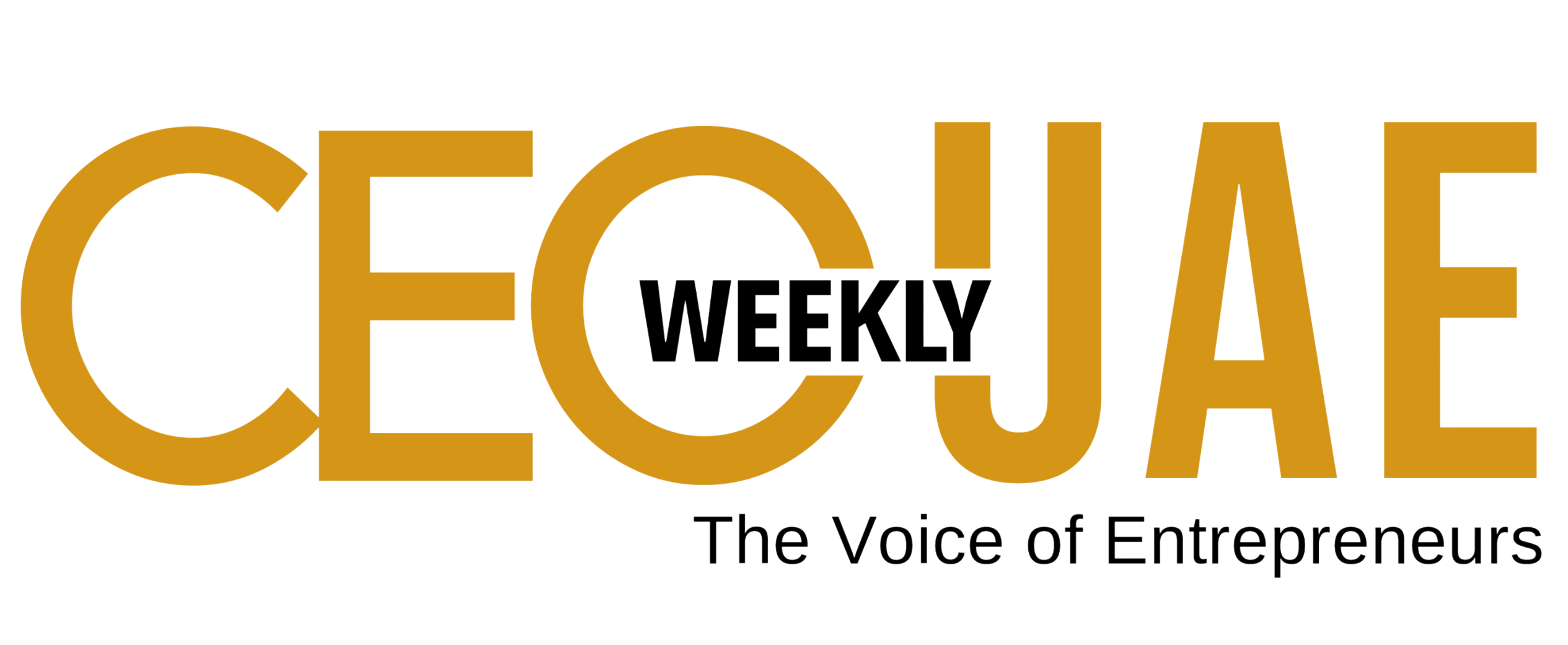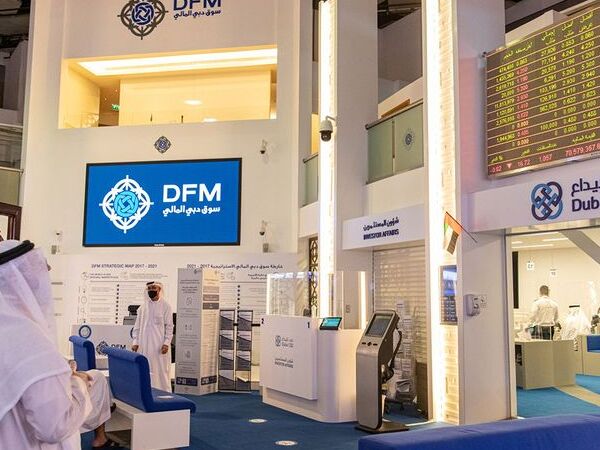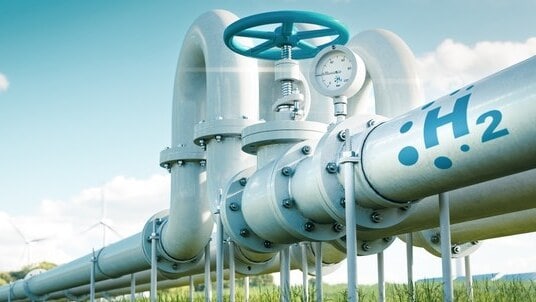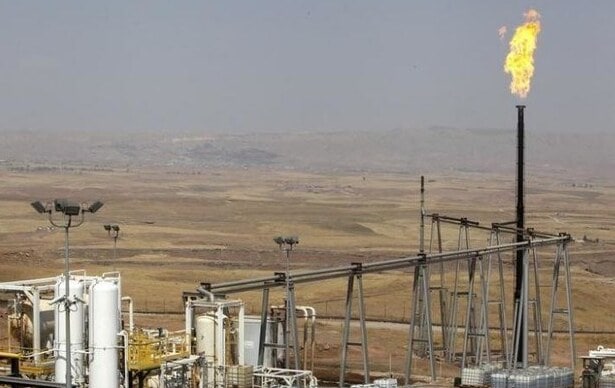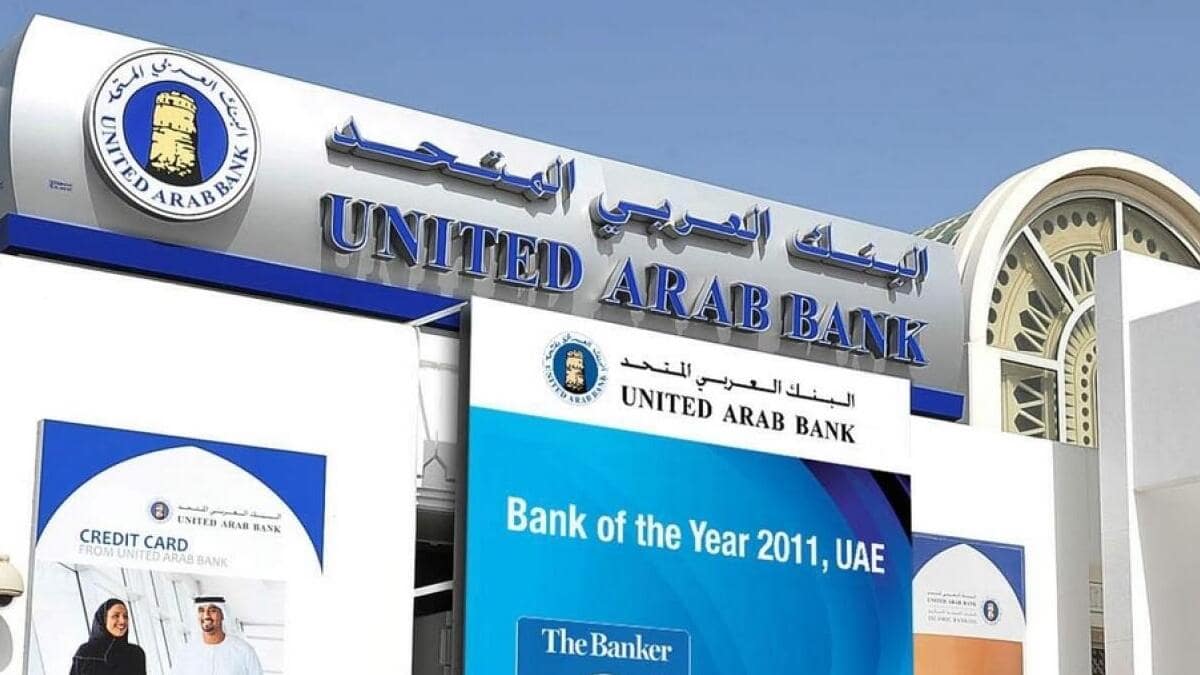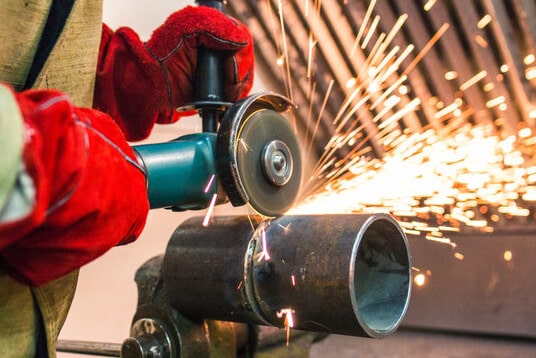
Saudi Arabia, the world’s largest oil exporter, has been making significant strides in its efforts to diversify its economy away from oil. In February, the Saudi Arabia inaugurated 80 factories worth a combined $1.1 billion in a major push to boost its non-oil industries.
The new factories are expected to play a key role in Saudi Arabia’s economic transformation, as the Kingdom seeks to reduce its reliance on oil exports and develop new industries that can provide sustainable jobs and drive economic growth. The factories cover a range of sectors, including food and beverages, plastics, and metal fabrication, among others.
The inauguration of the 80 new factories was part of a wider push by Saudi Arabia to promote investment in its non-oil sectors. In recent years, the Kingdom has launched a number of initiatives aimed at boosting investment in industries such as mining, tourism, and renewable energy.
The new factories are expected to provide a significant boost to Saudi Arabia’s manufacturing sector, which has been identified as a key area for growth and diversification. The Kingdom has set a target of increasing the contribution of manufacturing to its gross domestic product (GDP) from 10% to 20% by 2030, as part of its broader economic transformation plans.
Commenting on the inauguration of the new factories, Saudi Arabia’s Minister of Industry and Mineral Resources, Bandar Alkhorayef, said: “The launch of these new factories reflects our commitment to developing the Kingdom’s non-oil sectors and promoting sustainable economic growth. We are proud to see such a strong response from investors, and we remain committed to providing the necessary support to help these factories succeed.”
He added: “These new factories will not only create jobs for Saudis but also contribute to the development of local industries, boost exports, and reduce our dependence on oil.”
The new factories are expected to create more than 5,000 new jobs for Saudis, providing a significant boost to the Kingdom’s efforts to reduce unemployment and create opportunities for its growing population. The creation of new jobs is a key priority for Saudi Arabia, as it seeks to address the social and economic challenges facing the country.
The inauguration of the new factories was welcomed by the business community, with many expressing optimism about the potential for the Kingdom’s non-oil sectors. The move is seen as a clear indication of Saudi Arabia’s commitment to economic diversification and its determination to create new opportunities for investment and growth.
According to the Saudi Arabian General Investment Authority (SAGIA), foreign investment in the Kingdom increased by 12% in the first half of 2020, despite the global economic slowdown caused by the COVID-19 pandemic. The strong investment figures are seen as a testament to the Kingdom’s efforts to promote a more investor-friendly environment and attract capital to its non-oil sectors.
In recent years, Saudi Arabia has implemented a number of reforms aimed at improving the business environment and promoting foreign investment. These include the introduction of new regulations governing foreign investment, the establishment of special economic zones, and the launch of a number of major infrastructure projects, including the $500 billion NEOM mega-city project.
The inauguration of the 80 new factories is a clear indication that Saudi Arabia’s efforts to diversify its economy are beginning to bear fruit. As the Kingdom continues to invest in its non-oil sectors and attract new investment, it is likely to emerge as a major player in the global economy in the years to come. With a young and growing population, abundant natural resources, and a strategic location at the crossroads of Europe, Asia, and Africa, Saudi Arabia is well-positioned to play a leading role in the global economy in the 21st century.
Read More on Oil Industry of UAE
